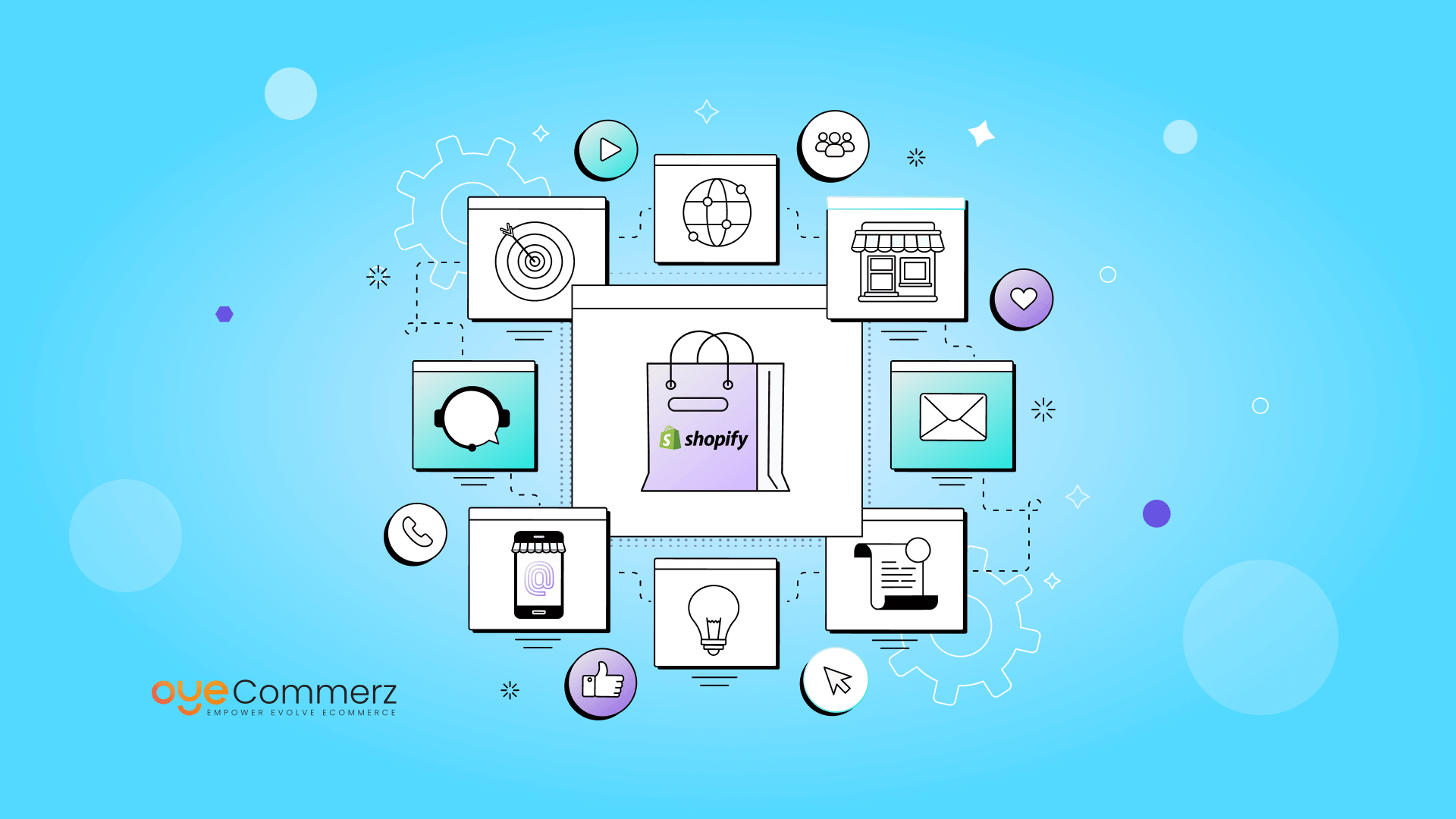Introduction
In today’s cutthroat e-commerce landscape, differentiating is paramount, and one of the best ways to set apart a Shopify store is through tailored app development. A robust Shopify app can boost store capabilities, streamline operations, and boost customer interaction. This guide delves into essential aspects of Shopify app development, from API integration to growth techniques and digital marketing approaches, offering a roadmap for businesses looking for superior store performance.
The Importance of Shopify API Integration
Shopify’s API provides powerful tools to personalize and extend store functionalities. With GraphQL and REST APIs, developers can access data to create apps that manage inventory control, order handling, and customer information management smoothly. Integrating Shopify’s API can enable improved workflow automation and enables stores to assist shoppers more effectively.
Adopting the Polaris Design System
Polaris is Shopify's set of design guidelines for creating user-friendly and easy-to-use Shopify apps. By adhering to Polaris principles, developers guarantee that apps seamlessly integrate within the Shopify Admin interface. This provides a cohesive look and feel that resonates with Shopify merchants, encouraging ease of use and familiarity for merchants utilizing your custom app.
Navigating the Shopify App Ecosystem
The Shopify app ecosystem provides numerous opportunities for improving e-commerce sites. From handling order fulfillment to increasing customer interaction, apps in this environment are designed to meet diverse business needs. Learning about this ecosystem helps developers in finding unique app opportunities and allows for seamless integration of third-party services that enhance the store.
Building Embedded Shopify Apps
Embedded apps integrate directly within the Shopify Admin, allowing a seamless experience for merchants. They allow merchants don’t have to navigate away from their Shopify dashboard, simplifying their process. Employing Shopify App Bridge and embedded app features is recommended for offering a cohesive, integrated user experience.
Using Node.js and React for Shopify Apps
Node.js and React have become top options for Shopify app development. Node.js enables high-performance server-side applications, while React allows for interactive and adaptive front-end user interfaces. Together, they offer an excellent platform for creating speedy, scalable Shopify apps that enhance store performance and customer interaction.
Utilizing Webhooks in Shopify Development
Webhooks allow real-time data synchronization between Shopify and API for Shopify stores an outside application. They trigger events such as order creation or stock changes and provide immediate notifications to your app. By implementing webhooks, apps can provide up-to-date information to store owners, streamlining workflows and increasing efficiency.
Engaging Customers Through Digital Marketing for Shopify Apps
To ensure Shopify app success, connecting with users is crucial. Utilizing online marketing techniques like SEO, email marketing, and social media campaigns can drive app adoption. Additionally, creating applications with customer interaction as a focus (e.g., loyalty programs or personalized suggestions) boosts user retention and loyalty.
Making Your Shopify App Scalable
As e-commerce stores expand, so do their technology requirements. Ensuring that your app can scale to handle higher usage, larger databases, and more complex functionalities is critical. By optimizing server capacity and implementing scalable solutions, you can create apps that expand in parallel to a store’s growth.
Important Features and Maintenance Tips for Shopify Apps
For an app to be useful, it should offer essential features like user login, Shopify Polaris system analytics dashboard, and customer support options. Ongoing app maintenance, including updates to fix bugs and compatibility checks with new Shopify features, is vital to maintain continuous operation and avoid interruptions to business processes.
Summary
Custom Shopify app development holds vast potential for e-commerce businesses, offering the ability to improve performance, simplify operations, and build customer relationships. With API integrations and Node.js to ensuring scalability and customer interaction, building a Shopify app requires careful planning and well-planned actions. If you’re prepared to unlock your store’s full potential, a custom Shopify app could be the ideal choice. What capabilities do you envision for your ideal app? Share your ideas and take the first step toward an enhanced e-commerce journey!
